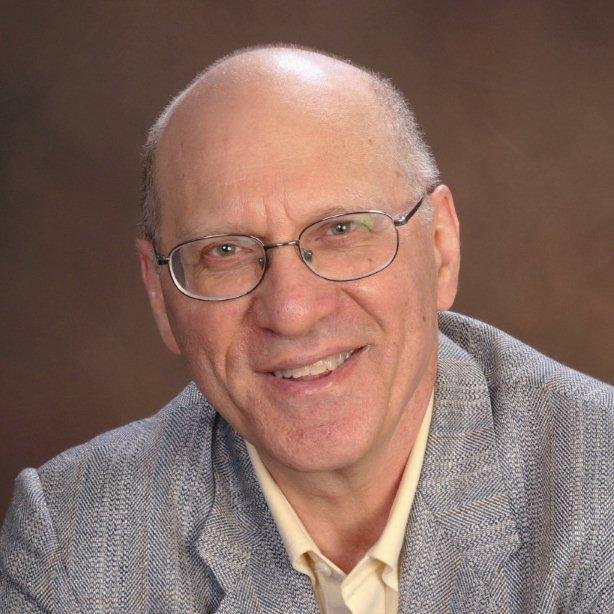In light of some comments I received about my previous post, “Snowden and the NSA,” here is an elaboration on my evaluation of Snowden:
If Edward Snowden truly valued individual freedom, here is how he would have proceeded. He would recognize that America, when compared with the rest of the world, is a haven of liberty. He would understand that America has enemies and that the use of force against them, whether in the form of military attacks or covert surveillance, is a means of safeguarding our freedom. He would therefore clearly distinguish between the unjustified, wholesale spying on American citizens and the justified spying on foreign threats to us.
That is precisely what Snowden did not do.
Instead, he lumped the two categories together, as a single “package-deal.” He seems to regard the NSA’s hacking into computers as a crime, irrespective of who the target is. Snowden told a Hong Kong newspaper that he took his last job at the NSA in March 2013 because it “granted me access to lists of machines all over the world the NSA hacked. That is why I accepted that position about three months ago.”1
According to the newspaper (the South China Morning Post): “In his interview with the Post, Snowden divulged information that he claimed showed hacking by the NSA into computers in Hong Kong and the mainland [i.e., China].”2
Snowden methodically accessed the classified files he wanted. He persuaded 20 or so fellow-workers to give him their user names and passwords, so that he could download the necessary information. And his disclosures were not limited to NSA activities. A Pentagon damage-assessment report says that many of the stolen documents pertain not to NSA activities, but to “vital operations of the U.S. Army, Navy, Marine Corps and Air Force” and that “the scope of the compromised knowledge related to U.S. intelligence capabilities is staggering.”3
Granted, government officials may want to exaggerate the extent of the damage done. But if I had to choose whether to believe a Pentagon assertion that the revelations harm our defense capabilities or a Snowden assertion that they don’t—i.e., an assertion from someone who is committed to the military defense of America vs. an assertion by someone who isn’t—I would certainly choose the former.
Since Glenn Greenwald is, by Snowden’s choice, the one who decides which documents are publicly released, let’s look at some additional facts about Greenwald. In 2011 an American in Pakistan fatally shot two men who had attacked him. Pakistani officials wanted to prosecute him but Washington told them he was a State Dept. employee and thus protected by diplomatic immunity. However, The Guardian—the newspaper Greenwald worked for—decided to reveal the man’s identity as a CIA contractor, placing his life in danger. Greenwald applauded the decision and condemned the N.Y. Times—which had known of the man’s CIA connection but had, responsibly, withheld that information—for being “an active enabler of government propaganda.”
If Greenwald has no qualms about divulging the names of undercover agents working in Pakistan, the noxious cesspool from which al Qaeda now emanates, by what standard will he determine which of the classified documents should or should not be released? Since he views America as an imperialistic state, and since he wants to avoid being an “enabler of government propaganda,” are there any military secrets he would not reveal? (And if perchance Snowden were to disagree with Greenwald’s decisions, what could he do—take Greenwald to court?)
Snowden now lives in Russia. He is subject to the commands of Vladimir Putin, a man well-practiced in the art of extracting information from unwilling subjects. Is it conceivable that Putin would not compel Snowden to give him all the information in those classified documents he stole? Even if Snowden—as he claims—did not bring the documents with him to Russia, there are surely threats that can be made to get him to access the information. He is, after all, in regular contact with Greenwald, who has all the documents.
It’s highly doubtful that, among the world’s journalists, only a radical leftist like Greenwald was willing to be the disseminator of Snowden’s material. Many journalists would do anything for a scoop like this. But what is absolutely certain is that Snowden would have had no trouble finding other outlets had he done his whistle-blowing in the right way. Had he restricted his theft to the documents that showed the indiscriminate domestic spying, he would have found many willing journalists—as well as a sympathetic public.
Snowden could have engaged in a legitimate act of civil disobedience. He could have publicly challenged the NSA’s unjustified surveillance of our phone calls and emails. He could have remained in this country, where he would have had public opinion, and surely press opinion, largely on his side. And if his case were to go to trial, a jury would likely exonerate him. He could have been a hero.
Instead, he chose to be something very different.♦♦
